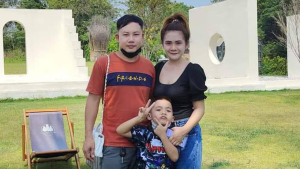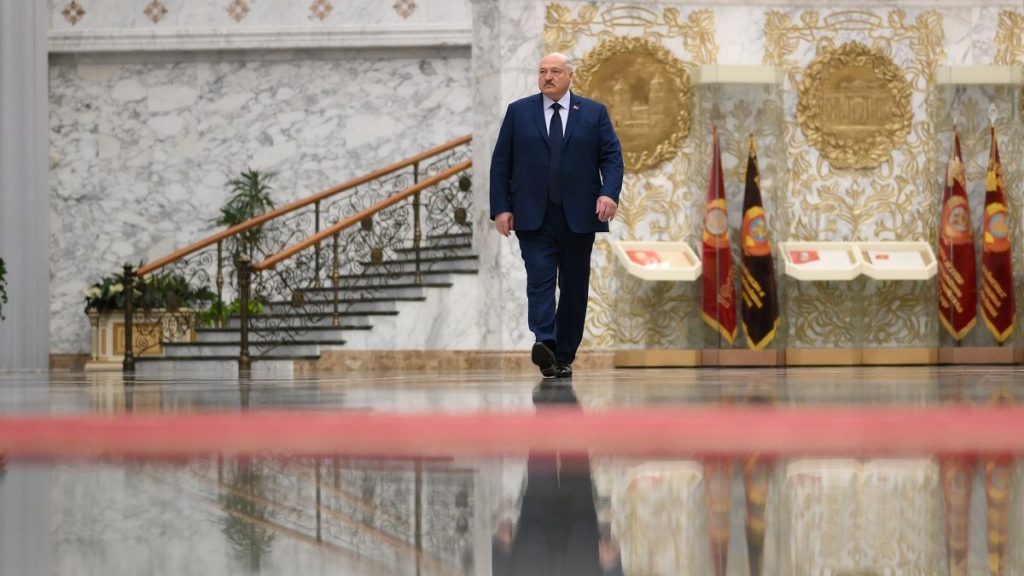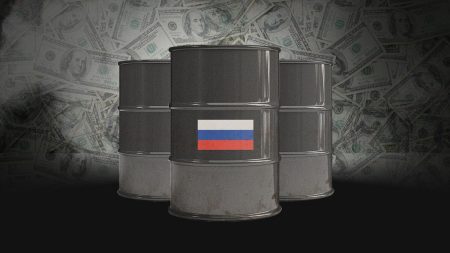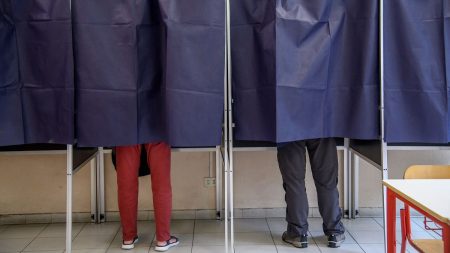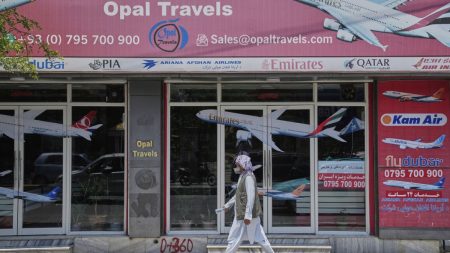Paragraph 1: The Latest Pardon and the Context of Political Repression
Belarusian President Alexander Lukashenko has pardoned 20 individuals labeled as political prisoners by human rights organizations. This announcement, made via the president’s website, comes amidst a backdrop of escalating political oppression in Belarus, particularly as the country gears up for presidential elections in January 2025. These elections are widely anticipated to solidify Lukashenko’s decades-long rule, marking his potential seventh term in office. While the Belarusian authorities have not disclosed the names of the pardoned individuals, their statement indicates that all were convicted of "crimes of an extremist nature." Notably, the group includes 11 women and 14 individuals with chronic illnesses. The official narrative emphasizes that those released have "repented" and appealed to Lukashenko for pardon, a recurring theme in previous group pardons over the past six months.
Paragraph 2: A Pattern of Pardons Amidst Ongoing Repression
This latest pardon marks the eighth such instance since the summer of 2024, bringing the total number of released political prisoners to 207, according to Viasna, Belarus’s oldest human rights group. A majority of these prisoners were incarcerated following widespread anti-government protests in 2020, sparked by an election that saw Lukashenko secure his sixth term amidst allegations of widespread fraud. The 2020 protests led to the arrest of approximately 65,000 people, and Viasna estimates that over 1,250 individuals remain imprisoned for their involvement. Despite these pardons, prominent opposition figures remain incarcerated, with many unaccounted for over extended periods.
Paragraph 3: Notable Absences in the Pardons and the Upcoming Elections
The pardons have notably excluded high-profile opposition figures, many of whom have vanished from public view for months. This includes Ales Bialatski, the Nobel Peace Prize laureate and founder of Viasna; Siarhei Tsikhanouski, who intended to challenge Lukashenko in the 2020 election but was imprisoned beforehand; and Viktar Babaryka, another potential challenger who gained significant popularity before being incarcerated. The timing of these pardons, occurring against a backdrop of escalating repression, raises questions about their true intent. As Belarus prepares for the January 2025 presidential elections, only seven politicians loyal to Lukashenko have been permitted to commence collecting signatures to stand against him, effectively ensuring his continued grip on power.
Paragraph 4: Contradictory Signals and Intensifying Repression
Human rights activists view these pardons as part of a complex strategy by Lukashenko to project a certain image while simultaneously intensifying repression. Pavel Sapelka, a Viasna activist, describes this as Lukashenko sending "contradictory signals" to the West – pardoning some while imprisoning numerous others. Sapelka argues that the repression is escalating, with the authorities striving to eradicate any dissent ahead of the January elections. The pardons, in this context, are interpreted not as genuine acts of clemency but as calculated maneuvers to appease international observers while maintaining a firm grip on power.
Paragraph 5: Harsh Conditions and Deaths in Detention
The Belarusian authorities subject political prisoners to harsh conditions, including denial of access to lawyers and family members, and deprivation of essential medical care. The deplorable conditions within Belarusian prisons have led to tragic consequences. Viasna reports that at least seven political prisoners have died in custody since 2020. This grim statistic underscores the severity of the human rights situation within the country and highlights the risks faced by those who dare to challenge the regime.
Paragraph 6: Lukashenko’s Alliance with Putin and the Ukraine Conflict
Alexander Lukashenko, who has ruled Belarus for over three decades, maintains a close alliance with Russian President Vladimir Putin. This alliance has allowed Russia to utilize Belarusian territory for military operations, including the invasion of Ukraine in February 2022. Furthermore, Belarus has become a deployment site for some of Russia’s tactical nuclear weapons. This strategic partnership between Lukashenko and Putin reinforces the Belarusian leader’s position and further complicates the geopolitical landscape in Eastern Europe. The ongoing political repression within Belarus, coupled with its role in the Ukraine conflict, raises significant concerns about the future of democracy and human rights in the region.


